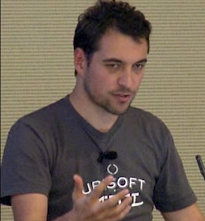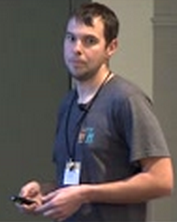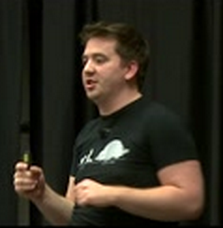CppCon 2014 C++ in Huge AAA Games--Nicolas Fleury
 Have you registered for CppCon 2015 in September? Don’t delay – Registration is open now.
Have you registered for CppCon 2015 in September? Don’t delay – Registration is open now.
While we wait for this year’s event, we’re featuring videos of some of the 100+ talks from CppCon 2014 for you to enjoy. Here is today’s feature:
C++ in Huge AAA Games
by Nicolas Fleury
Summary of the talk:
Video games like Assassin's Creed or Rainbow Six are among the biggest code bases with a single static linking. Iteration-time is critical to develop a great game and keeping a complete compilation-time of a few minutes is a constant challenge. This talk will explain the C++ usage reality at Ubisoft Montreal for huge projects. Ideas will be shared regarding performance, debugging and iteration time.

 Have you registered for CppCon 2015 in September? Don’t delay –
Have you registered for CppCon 2015 in September? Don’t delay –  Have you registered for CppCon 2015 in September? Don’t delay –
Have you registered for CppCon 2015 in September? Don’t delay –  Have you registered for CppCon 2015 in September? Don’t delay –
Have you registered for CppCon 2015 in September? Don’t delay –  Have you registered for CppCon 2015 in September? Don’t delay –
Have you registered for CppCon 2015 in September? Don’t delay –  An interesting approach to sorted search:
An interesting approach to sorted search: